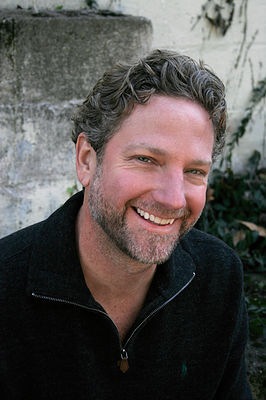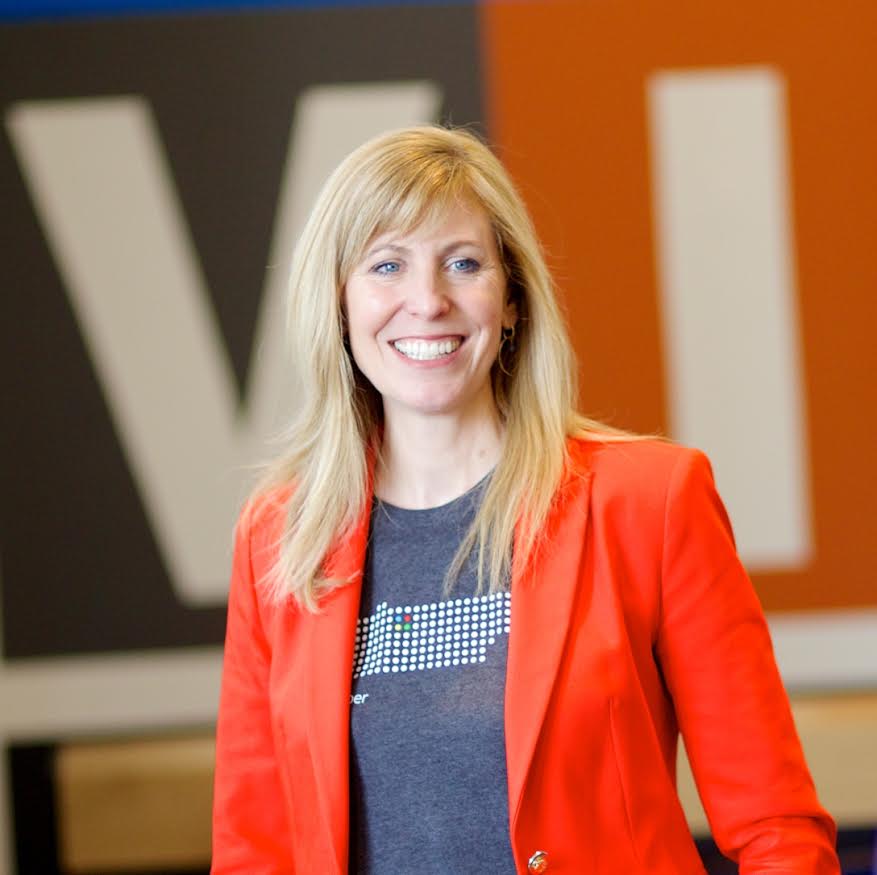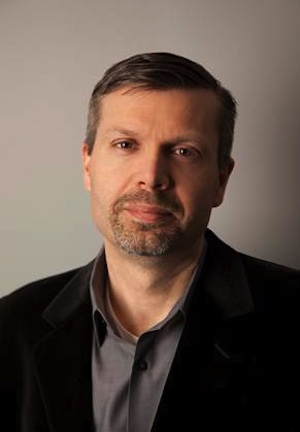

In January 2015, Google announced it would bring its high-speed, fiber-optic, gigabit internet known as Google Fiber to Nashville, with plans for up to 1,000 Mbps speeds, enough to download an HD movie in 40 seconds. The speed is positioned to dramatically impact productivity and creativity for thousands of creators living and working in the Nashville area.
Martha Ivester, Head of Operations for Google Fiber Nashville and a previous employee at CAA, recalls a conversation she had with one top label executive.
“The exec said, ‘If I had multiple artists in multiple studios around town, I wouldn’t have to get in my car and go to all the studios. I could actually have them all open on a screen and just be able to have a listen in and see how things are going, and talk when I need to, just how much more effective I could be in my job.’” Ivester tells MusicRow. “There are so many people trying to do great music in Nashville and this would make it easier.”
Google Fiber’s reach in Nashville currently extends to seven properties in the Gulch, including Icon, Laurel House, Terrazzo, The James, Rhythm at Music Row, Element Music Row, and Edgehill Apartments.

Eddie Gore
Eddie Gore, owner of Historic RCA Studio C, is also an early Google Fiber customer. He noted the asset and speed of Google Fiber just last week, during an urgent upload of a nine-gig music file to his sound mixer.
“Normally I would have had to either get in the car and spend half the day in traffic, or set my computer to upload overnight. Instead, I took that 8- or 9-gig file and ‘whoosh’ it was just done. I said, ‘Are you kidding me? This is great! To hell with wasted gas!’”
However, Google’s charge to bring fiber high-speed internet directly to residences has collided with a slow rollout, as it faces off with two communications industry heavyweights, Comcast and AT&T, in an issue that centers around utility pole attachment agreements.
Due to the Nashville region’s deep limestone, which restrains underground fiber installation, Ivester says 90 percent of Google’s fiber cables will be connected via utility poles. Nashville Electric Service owns approximately 75 percent of the utility poles in Nashville, while AT&T owns an estimated 25 percent.
Under current law, existing internet providers must move their own lines on each utility pole before a new provider can add new cable. First, the pole owner approves the application for a new utility provider to be added to an existing pole. Existing carriers must then move their own lines, with each carrier sending crews sequentially. According to Ivester, the process can take approximately 60 days, and in some cases, up to 90 days for each company to move its equipment around on the utility pole. An average pole in Nashville has three to four carriers.
“If you multiply that by four, that’s one year for each pole to be set up,” says Ivester. “Google Fiber is currently on 33 utility poles in Nashville. Think about trying to get Google Fiber on 88,000 poles.” To date, Google Fiber has submitted 24,000 pole submissions to NES, and 16,000 of those submissions have been approved.
With the help of Metro Council member Anthony Davis, Google Fiber introduced its One Touch Make Ready ordinance, which would significantly decrease installation time on Nashville’s utility poles, by using one approved contractor to move and install equipment for all carriers at once.

Martha Ivester
“For example, on an NES-owned pole, you have four carriers on that pole, NES would send one contractor out, they do all that work and can do it in one day, depending on what their work load is that day and who they subcontract out to,” Ivester says. “It’s pretty significant.
“It is really about setting Nashville up for the 21st century,” she continues. “One of the realities is the current system, in the current way you attach to poles, is something that was devised years ago and is not really appropriate for the scale of deployment that a new provider needs.”
AT&T and Comcast have argued that the One Touch Make Ready policy would disrupt service and cause safety hazards. Additionally, AT&T argues that the One Touch Make Ready ordinance would violate its union contracts with Communications Workers of America, due to non-represented workers that could possibly be changing the lines. According to Ivester, Google Fiber has worked with a variety of contractors, both union and non-union, on their recent installs.
In early August, the first of three council votes were held to consider the ordinance. Metro Council’s next vote will take place Sept. 6.
Rodney Crowell is one musician skeptical of Google Fiber. In an article published in July in the Nashville Scene, his statement provided by Content Creators Coalition begins this way:
“As Google makes its demands on Nashville, a city revered for its export of music, I urge our leaders and lawmakers to examine the realities of artistic life in the digital age. Google is able to exploit artists due to outdated laws (such as the DMCA Safe Harbor provisions), and it is up to all lawmakers to stand up for the music that is our city’s lifeblood, especially in the ever-evolving digital realm. I embrace accessibility, but the protection of Nashville’s artists, revision of antiquated laws, and demand for corporate accountability should come before Google is granted access to our city’s infrastructure. And fellow artists, we who are complicit in this injustice, now is the time to demand your leaders and lawmakers take a stand on our behalf.”
After a full day of negotiations led by Nashville Mayor Megan Barry’s office on Aug. 24, an assembly of internet providers were unable to come to a compromise or agreement on the issue. Ivester asserts that the alternatives suggested to the One Touch Make Ready policy during the meeting with Comcast, Google Fiber, AT&T, NES, and Metro are not sufficient.
“Google Fiber believes that in order to get the city ready to employ this type of infrastructure, that tweaks to the system are not enough. We look forward to a change, which we feel, really makes sense to come out in the form of this ordinance. Competition is a good thing,” Ivester says. “When Google comes to a market, other providers increase their speeds and drop their prices. We’ve seen that in other states and certainly in Nashville. This is not just for ourselves but for anyone who wants to attach in the future. It’s not just the three of us on the poles. There are a lot of other people who would like to see this change as well.”

Andrew Kautz
“Music Row has always been the hub of creativity for Nashville’s music community but has lacked in the core infrastructure needed to help the creative community connect to the rest of the world,” adds Andrew Kautz, Chief Operating Officer for Big Machine Label Group. “I can speak from experience of trying to find affordable and reliable connectivity on Music Row as we struggled just to make our phones work reliably with the existing copper infrastructure. When we made the move to fiber there were very few options and most were still cost prohibitive. Our campus of six buildings are all connected via fiber but we still have limited options for affordable bandwidth. Google Fiber’s roll out is important to Nashville’s creative community and we need to fix the roadblocks that are in place that limit competition. It’s time for Nashville to encourage investment in our technological infrastructure to not only attract new technology companies, but to also better equip our community to connect with the rest of the world reliably and efficiently.”
“I look at Kansas City, the first fiber city,” says Ivester. “Someone came in and bought up a bunch of properties and started renting them out to software developers and started this kind of startup village in Kansas City. It was one of the first cities in the US to have Google Fiber, so all these tech whiz kids came in and starting creating. I see that happening in Nashville. We have this great quote we use at Google, from Vint Serf, known as the father of the internet. He says that 99 percent of what we will do on the internet hasn’t even been invented yet. I truly believe that is the case with music. I think there will be true innovations that will come from Nashville and we want to help with that.”
In the meantime, Ivester emphasized the availability of Google’s Fiber Space in Nashville, which is located in the Icon Building at 1108 Division Street, and is open Monday-Saturday from 10 a.m.-7 p.m.
“It’s a community space. We have customer service for the customers we have, but I keep saying to artists to go to the Fiber Space,” Ivester says. “Its doors are open to the music community. Come into the Fiber Space and use it.”

About the Author
Jessica Nicholson serves as the Managing Editor for MusicRow magazine. Her previous music journalism experience includes work with Country Weekly magazine and Contemporary Christian Music (CCM) magazine. She holds a BBA degree in Music Business and Marketing from Belmont University. She welcomes your feedback at jnicholson@musicrow.com.View Author Profile


